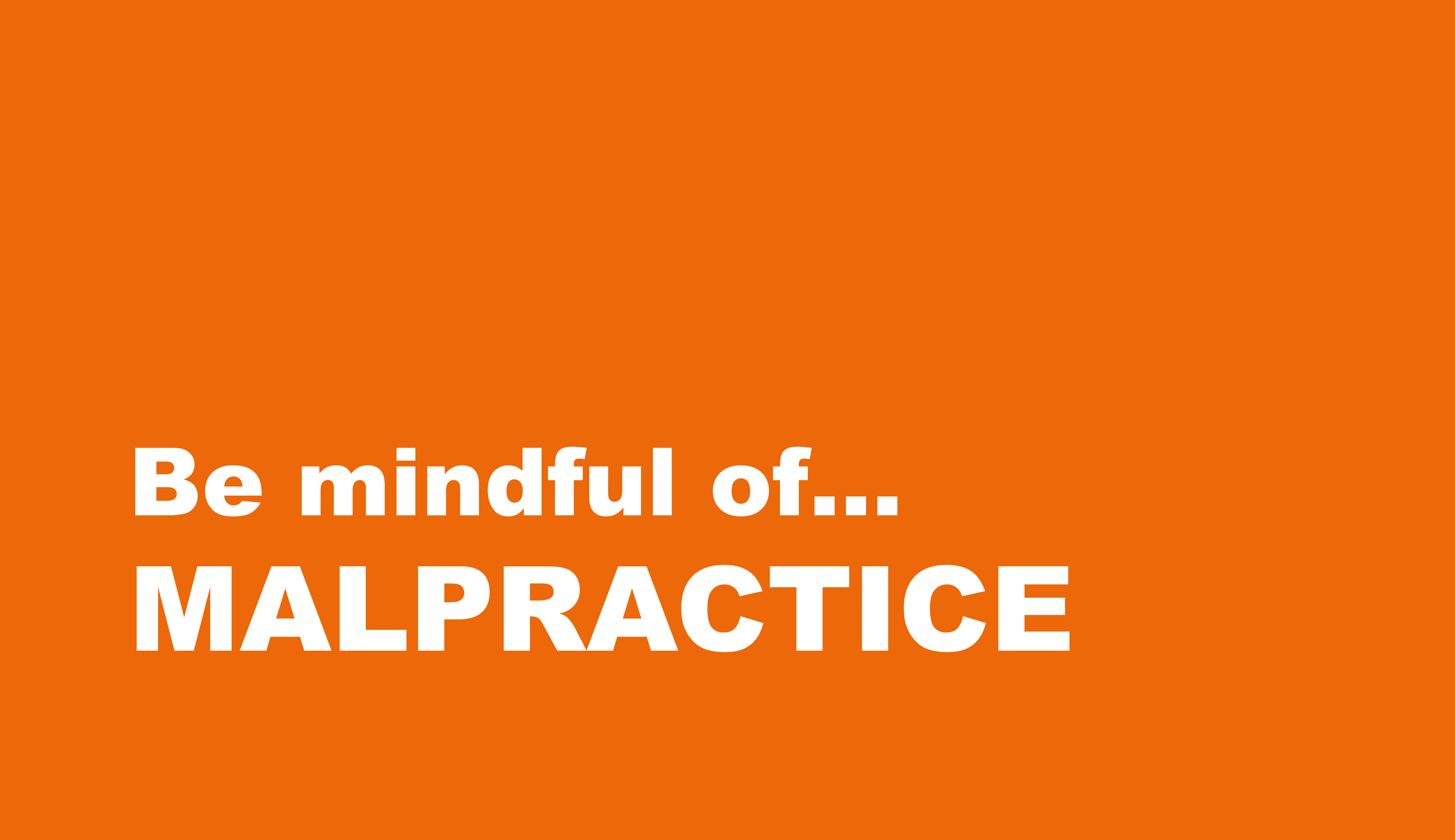To protect the integrity and credibility of its courses, the CQI and IRCA prioritise ethical conduct and treat malpractice with the utmost seriousness. Approved Training Partners (ATPs) are required to follow the CQI and IRCA’s Policy.
What is malpractice?
The CQI and IRCA define malpractice as:
“Any deliberate activity, neglect, default or other practice that compromises or could compromise the assessment process, the integrity of a CQI and IRCA Certified Course, the validity of a result or certificate, or the reputation and credibility of the CQI, and CQI and IRCA Certified Courses”.
To see how malpractice is managed by rove please refer to our malpractice and maladministration policy (available within online documents in iLearner).
What is plagiarism?
Plagiarism is the practice of taking someone else’s work or ideas and passing them off as your own. It is:
- Copying another learner’s work.
- Submitting all or part of another learner’s work.
- Sharing your work with another learner.
- Replicating information from any other source (e.g. the internet, a book)
How is plagiarism detected?
Tutors are specialists in their disciplines and use different methods (e.g. writing style, software etc) to identify and confirm plagiarism.
Top tips
These pointers will ensure you don’t fall into any plagiarism pitfalls.
1: Quote it – If you’ve included some information word-for-word, put quotation marks around it and cite the source, i.e. include the authors name and date of the source you are citing.
2: Paraphrase – you don’t have to quote everything word-for-word – re-write the quote in your own words.
3: Use real-work examples – include examples from your experience / organisation to demonstrate your understanding of the concept / topic.
4: Proof read – make sure you’ve not accidently committed plagiarism by proof reading your work. It’s easy to forget to include a citation or include wording that you intended to paraphrase.
5: Seek advice – if you are in doubt, seek advice from your tutor.

